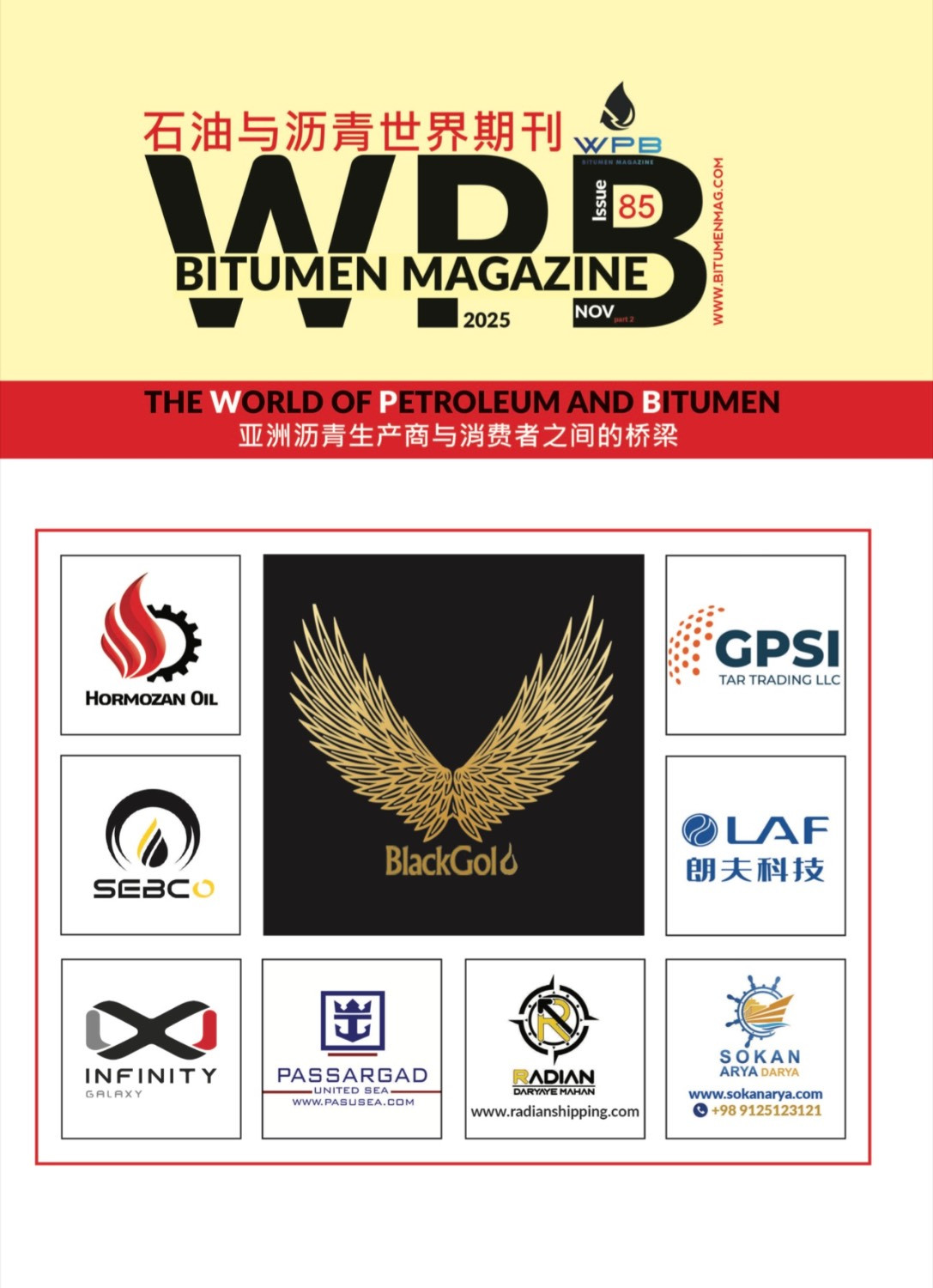Malaysia's state oil company Petronas is going through a period of heightened financial and operational stress, with lower oil prices, adverse market conditions, and structural inefficiencies nibbling at its profitability and reducing output levels, WPB adds.
There was a pronounced deterioration in the first half of 2025 as revenue dropped by 24% and profit after tax by 19%. The performance was greatly impacted by asset sales, adverse exchange in currencies, and lower realized prices on crude oil, condensates, and petroleum products, all echoing the softness in international benchmarks.
Production also conformed to this slide. Daily production fell to 2.403 million barrels of oil equivalent per day (boepd), a 3.2% drop from 2.482 million boepd in the same quarter last year. This fall was caused mostly by reduced gas production from Malaysia and poorer liquid recoveries from international operations.
Besides uncertainty in the market, Petronas has also failed to increase domestic production levels, which put it in an even tighter spot. Petronas has referred to the state of affairs as a "polycrisis," one of global economic tensions and mounting pressures to extract the maximum hydrocarbon from Malaysia. Consequently, Petronas announced in June that it would be merging operations, including reducing the workforce by around 10%, as part of the overall restructuring.
Reflecting on these developments, President and Group CEO Tengku Muhammad Taufik restated the company's commitment to building its resilience and sustainability over the long term. He acknowledged that the external environment is confronting the company with "increasingly daunting headwinds," but reiterated that the company is pushing ahead with strategic transformation. This entails prioritizing high-value portfolio segments, constructing new partnerships, and refining efficiency and cost discipline.
To the future, Petronas gazes upon a subdued price environment for oil, driven by persistent geopolitics uncertainties, soft macroeconomic conditions, changing regulatory climates, and the accelerating reversal of OPEC+ output restraint. Together, these forces will continue to reshape global energy markets and commerce flows, leaving the firm to navigate through an era characterized by volatility and transition.
By WPB
Bitumen, Oil, Petroleum, Crude




















